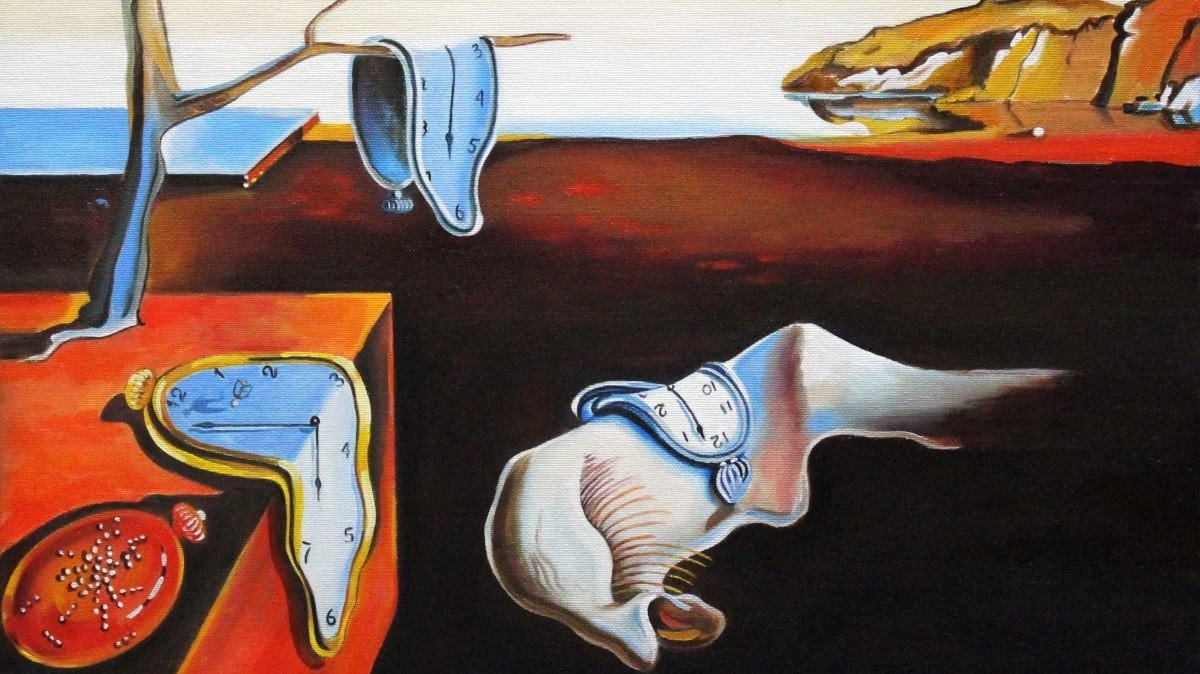People living with HIV have a significantly delayed internal body clock, consistent with the symptoms of jet lag, according to new findings reported by researchers from universities in South Africa and the UK.

Image Credit: Shutterstock
The findings, which have been published in the Journal of Pineal Research, may explain some of the health problems experienced by people with HIV, and guide research towards improving their quality of life.
Researchers from Northumbria and Surrey universities in the UK and South Africa's University of the Witwatersrand and University of Cape Town studied people aged 45 years and above living in South Africa's Mpumalanga province, where nearly one in four people is living with HIV. As such, the infection is endemic and does not associate with any difference in lifestyle.
They found that physiological daily rhythms, as measured by the hormone melatonin, were delayed by more than an hour on average in HIV-positive participants. Their sleep cycle was also shorter, with researchers noting that their sleep started later and finished earlier.
This suggests the possibility that HIV infection may cause a circadian rhythm disorder similar to the disruption experienced in shift work or jet lag.
The authors believe that this body clock disruption may contribute significantly to the increased burden of health problems that people living with HIV are experiencing despite successful treatment, such as an increased risk of cardiovascular, metabolic, and psychiatric disorders.
South Africa has the fourth highest rate of HIV prevalence in the world, and researchers believe there is a strong need for further funding to identify whether similar disruption to the body clock is experienced by younger people living with HIV in other countries.
"The participants living with HIV essentially experience the one-hour disruption associated with switching to daylight savings time, but every single morning," says Professor Malcolm von Schantz, Professor of Chronobiology at Northumbria University, corresponding author of the publication.
"This happens in spite of the fact that essentially everybody is exposed to the same light-dark cycle. Our findings have important potential implications for the health and wellbeing of people living with HIV, especially given the well-established relationships between disrupted circadian rhythms and sleep deprivation."
Dr Karine Scheuermaier of the University of the Witwatersrand, senior author of the study added: "This is very similar to the risk profile observed in shift workers. Understanding and mitigating this disruption may be an important step towards helping people living with HIV live healthier lives."
"Our findings identify an urgent research topic," says Xavier Gómez-Olivé, also from the University of the Witwatersrand, whose research grant funded the study. "The next step must be to establish if the same body clock disruption exists in people living with HIV who are younger and who live in other countries."
This is a great example of the importance of studying sleep in people living in Africa, and demonstrates how findings from this research can also be relevant to people anywhere in the world."
Dale Rae, Study Co-Author, University of Cape Town
The paper, Delayed circadian rhythms in older Africans living with human immunodeficiency virus (HIV), is now available in the Journal of Pineal Research.
The research was performed within the HAALSI (Health and Ageing in Africa: a Longitudinal Study of an INDEPTH Community in South Africa) cohort of the MRC/Wits Agincourt Research Unit. It was funded by a Newton Grant from the Academy of Medical Sciences.
Source:
Journal reference:
Redman, K.N., et al. (2022) Delayed circadian rhythms in older Africans living with human immunodeficiency virus (HIV). Journal of Pineal Research. doi.org/10.1111/jpi.12838.